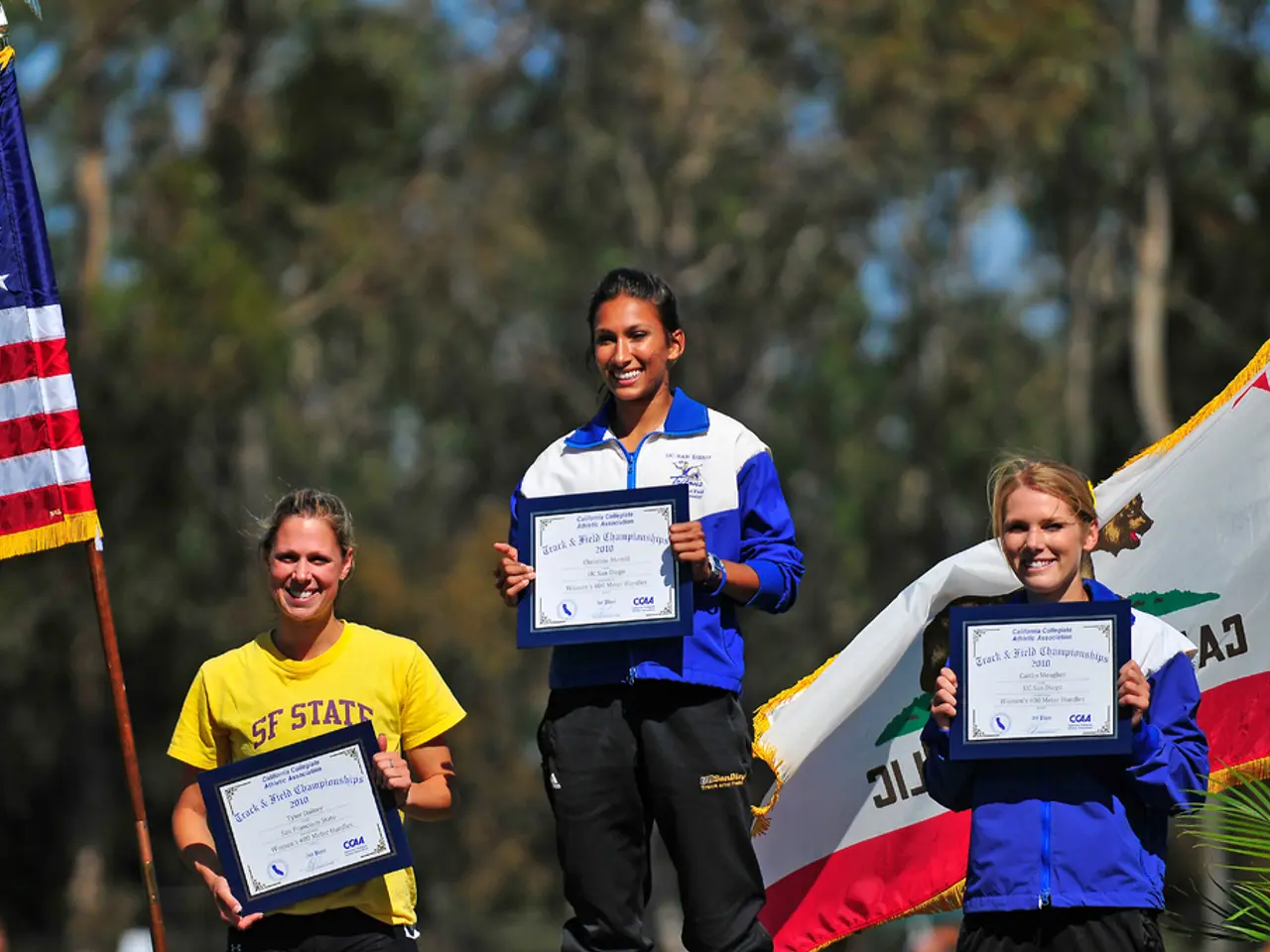"Indigenous women call for inclusion at COP30": Indigenous women assert the necessity for representation at the COP30 summit.
Indigenous women are gearing up for COP30, the United Nations climate conference, with a determination to make their voices heard and their impact felt. Despite facing numerous challenges, they are organizing their own workshops and preparatory meetings, in addition to the training provided by the COP presidency.
Their goal is clear: to arrive at COP30 empowered, with tools that allow them to have a greater impact in the negotiation spaces. As guardians of biodiversity, responsible for caring for their families, communities, and territories, Indigenous women are the first to feel the impacts of climate change. They are reaffirming their essential role in the global climate agenda, seeking to draw attention to the disproportionate effects of extreme weather on them.
Indigenous women are demanding direct access to climate resources, currently receiving only 1% of them. They are facing challenges in accessing the Blue Zone at COP30, with the process of accreditation being demanding and time-consuming. To address this, Indigenous movements have presented their own NDCs (Nationally Determined Contributions) with specific proposals and demands, reflecting common agendas of Indigenous peoples around the world.
The impacts of climate change on Indigenous women range from food insecurity and economic hardship to increased violence and work overload. In the Tapajós River basin and Munduruku territory, pregnant women and children have recorded mercury levels above World Health Organization limits as a result of mining activity. Indigenous women are facing increased violence in their lands, linked to the lack of demarcation and the expansion of exploratory ventures.
In response to what they perceive as insufficient climate action plans presented by governments, Indigenous women are organizing to arrive at COP30 in a stronger position. They are supported by Indigenous organizations such as the Conselho Indigenista Missionário (CIMI) in Brazil, various local indigenous communities and activists defending their rainforest and human rights, and solidarity networks like Kooperation Brasilien e.V. and Rettet den Regenwald that connect and advocate for indigenous social movements and environmental justice.
Indigenous women are seeking support to bring their partners to COP30 to take care of their children while they participate in the events. A joint statement on COP30 was issued by representatives from the Amazon, the Pacific Islands, and Australia. The COP30 presidency has announced initiatives to strengthen the participation of traditional peoples, including the Indigenous Peoples' Circle, the COP Village, and training for women from traditional communities.
The Charter for Life and for Territories was issued at the Indigenous women's conference in August, calling for funds for territorial management and tackling the climate crisis, with women at the forefront. Indigenous movements have also created the Indigenous Amazon G9, a coalition of organizations from the nine Amazon countries, to strengthen their voice in the global climate discourse.
The United Nations recognizes the crucial role of Indigenous women in environmental conservation. They preserve seeds, protect pollinators, fertilize soil with organic methods, and help keep forests intact. Indigenous women are aiming to arrive at COP30 not just as observers, but as active participants in shaping the future of our planet. COP30, the United Nations climate conference, aims to bring together the largest Indigenous delegation in history, with a goal to secure accreditation for at least 1,000 Indigenous people in the Blue Zone.
Read also:
- Peptide YY (PYY): Exploring its Role in Appetite Suppression, Intestinal Health, and Cognitive Links
- Toddler Health: Rotavirus Signs, Origins, and Potential Complications
- Digestive issues and heart discomfort: Root causes and associated health conditions
- House Infernos: Deadly Hazards Surpassing the Flames








